Treatment for Alcohol Problems: Finding and Getting Help National Institute on Alcohol Abuse and Alcoholism NIAAA
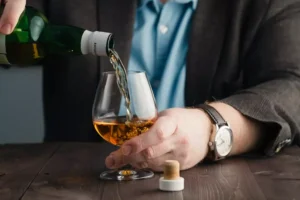
Some people drink heavily all day, while others binge drink and then stay sober for a while. Healthcare providers diagnose the condition by doing a physical examination to look for symptoms of conditions that alcohol use disorder may cause. Behavioral treatments—also known as alcohol counseling, or talk therapy, https://ecosoberhouse.com/ and provided by licensed therapists—are aimed at changing drinking behavior. Many people who seek treatment are able to overcome the addiction. A strong support system is helpful for making a complete recovery. Typically, a diagnosis of alcohol use disorder doesn’t require any other type of diagnostic test.
Secondary Alcohols
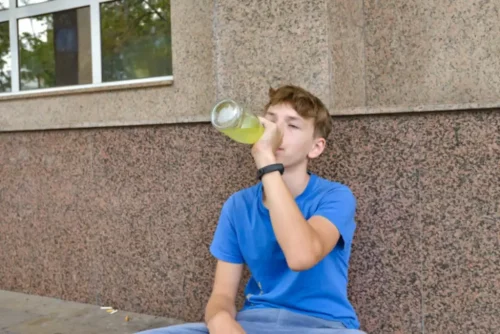
Based on clinical experience, many health care providers believe that support from friends and family members is important in overcoming alcohol problems. But friends and family may feel unsure about how best to provide the support needed. The groups for family and friends listed in the “Resources” section may be a good starting point.
- As a loved one of someone with an alcohol addiction, try to be encouraging and provide emotional support.
- These facilities will provide you with 24-hour care as you withdraw from alcohol and recover from your addiction.
- It can still benefit your physical health and quality of life.
- Alcoholism has been known by a variety of terms, including alcohol abuse and alcohol dependence.
- Regardless of how the addiction looks, someone typically has an alcohol addiction if they heavily rely on drinking and can’t stay sober for an extended period of time.
Risk Factors
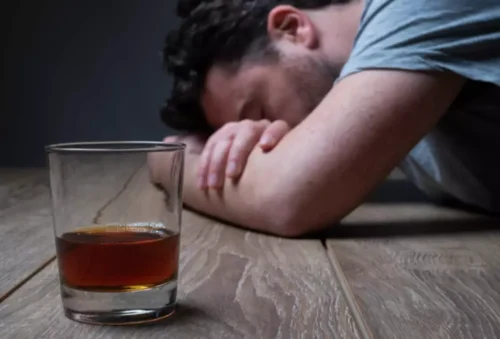
They may binge drink once or drink for a period of time before getting sober again. It’s important that the person get back on track and resume treatment. Many people with AUD do recover, but setbacks are common among people in treatment.
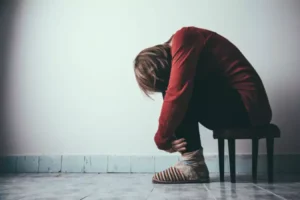
If your loved one needs help
One is simply its rewarding consequences, such as having fun or escaping social anxiety. Having an impulsive personality plays into the decision to seek rewards despite negative repercussions. Another factor is stress, because alcohol can alleviate distressing emotions. Social norms, such as drinking during a happy hour or on a college campus, and positive experiences with alcohol in the past (as opposed to getting nauseous or flushed) play a role as well. For example, antidepressants, if someone with an alcohol addiction were self-medicating to treat their depression. Or a doctor could prescribe drugs to assist with other emotions common in recovery.
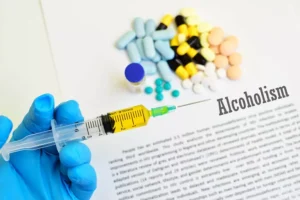
Relapses are very common, especially in the first year of sobriety. Slips can be fueled by withdrawal symptoms, mental health challenges, and drug-related cues, such as spending time with old drinking partners or visiting old drinking locations. For example, if you’re receiving treatment for a condition related to alcohol use, like cirrhosis of the liver, you should ask your healthcare provider about changes in your body that may be new symptoms. If you’re receiving counseling, ask your provider about handling high-stress situations when you may feel like you need some additional mental health support.
Factors affecting alcohol consumption and alcohol-related harm
Preparing and anticipating questions will help you make the most of your appointment time. Many people with alcohol problems and their family members find that participating in support groups is an essential part of coping with the disease, preventing or dealing with relapses, and staying sober. Your health care provider or counselor can suggest a support group. Your doctor or healthcare provider can diagnose alcohol use disorder. They’ll do a physical exam and ask you questions about your drinking habits. This activity reviews the definition and diagnosis of AUD and the available evaluation and evidence-based treatments.
Getting support from others is often extremely helpful in getting and staying sober. You have many options to choose from, including Alcoholics Anonymous (AA). Mild symptoms usually start within 6 hours after you stop drinking as much alcohol as your body has become used to. Other medications, such as acamprosate, can help reduce your craving to drink once you’re sober. This can include stress in your life, whether an overwhelming event or a bunch of smaller stressors that build up over time.
What are treatments for alcohol use disorder?
- These medications are prescribed by a primary care provider or other health care provider and may be used alone or in combination with counseling.
- It is for this reason that we will not spend too much focus on phenols in this article.
- We usually experience setbacks along the way, learn from them, and then keep going.
- The early symptoms of alcoholism vary from culture to culture, and recreational public drunkenness may sometimes be mislabeled alcoholism by the prejudiced observer.
- At this point, AUD symptoms start to interfere with your personal and work life.
- Some people prefer to try cutting back or quitting on their own before committing time and money to rehab.
The existence of only one linkage among –OH group and an alkyl group and the thing that qualifies any alcohol as a primary. To learn more about alcohol treatment options and search for quality care near you, please visit alcoholism the NIAAA Alcohol Treatment Navigator. The two manuals use similar but not identical nomenclature to classify alcohol problems. Because denial is common, you may feel like you don’t have a problem with drinking.
- Certain medications have been shown to effectively help people stop or reduce their drinking and avoid a return to drinking.
- You may be able to better compare your options by assessing whether and how the program or provider measures success.
- Because denial is common, you may feel like you don’t have a problem with drinking.
They should emphasize linking different phases of care, such as connecting patients to mental health professionals, housing, and peer support groups when transitioning out of the acute phase of care. They should also have proactive strategies to avoid dropping out, involve the family in treatment, employ qualified and certified staff, and be accredited by an external regulatory organization. In this disorder, people can’t stop drinking, even when drinking affects their health, puts their safety at risk and damages their personal relationships.
Overview
- Booking Price : $0
